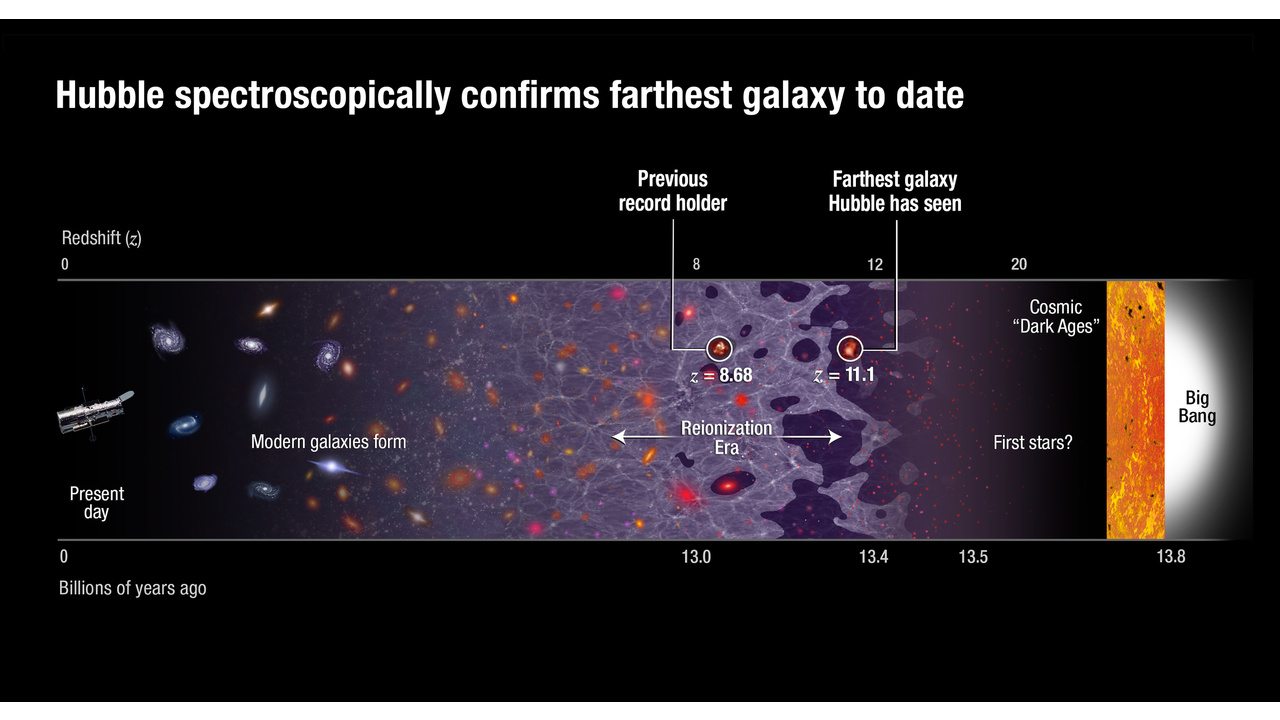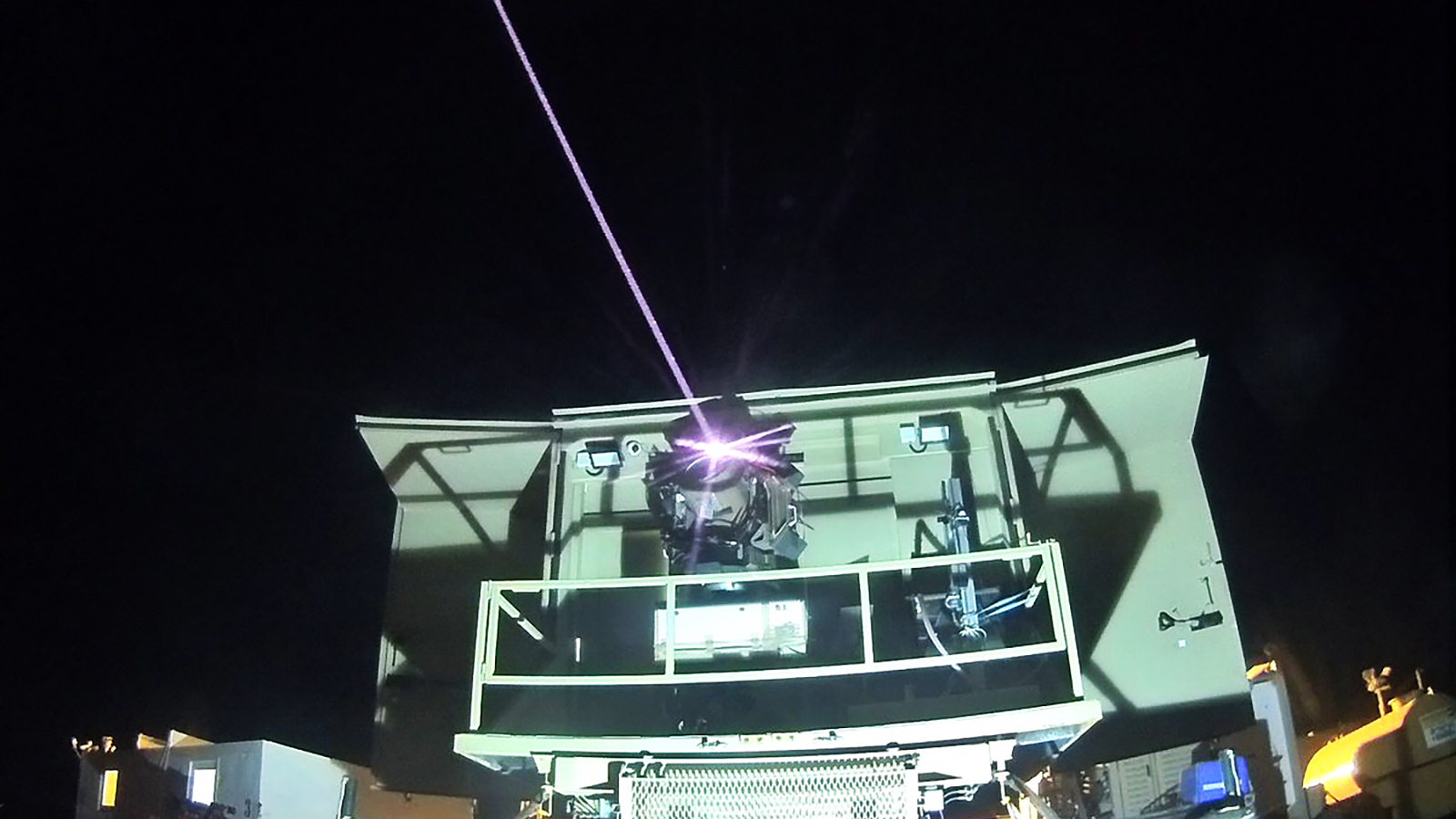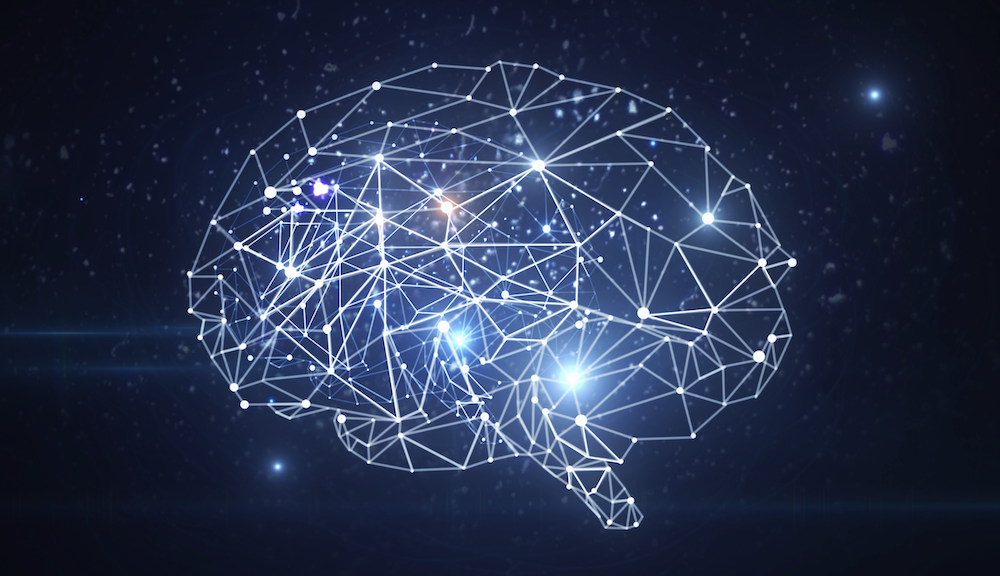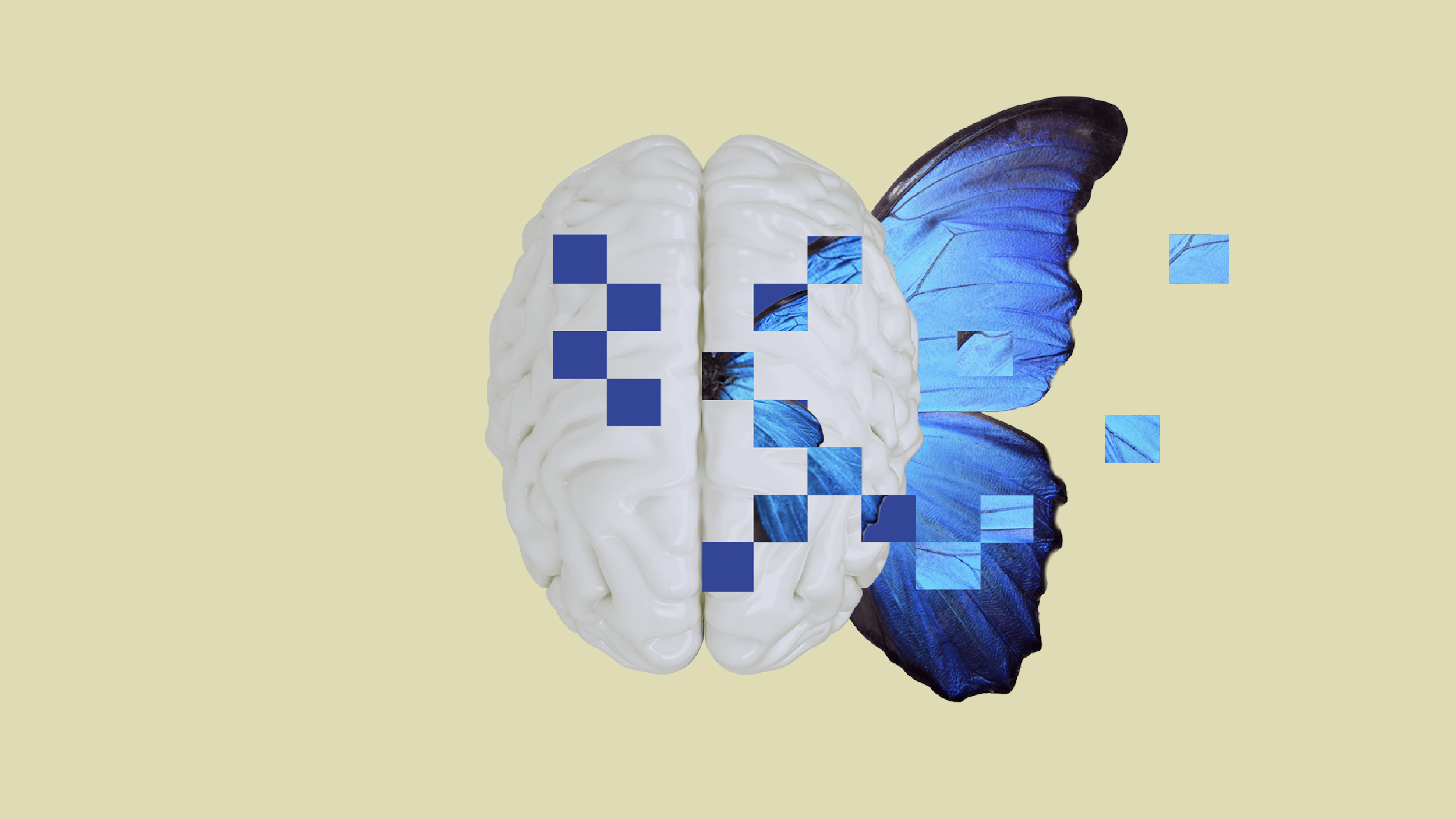In a new book, an MIT scholar examines how game-theory logic underpins many of our seemingly odd and irrational decisions.
All Articles
Look out at a distant object, and you’re not seeing it as it is today. It’s size, brightness, and actual distance are all different.
Symmetrical objects are less complex than non-symmetrical ones. Perhaps evolution acts as an algorithm with a bias toward simplicity.
Ukraine destroyed a railway to prevent passage from Transnistria into Ukraine.
It was supposed to have a 5.5-10 year lifetime, and take 6 months to calibrate. It’s performing better than anyone anticipated.
Israel looks to deploy its “Iron Beam” air-defense system within the year.
Elastic thinking can reveal the assumptions that hamstring our ability to solve seemingly intractable problems.
The effects are even worse for women.
Disulfiram is an FDA-approved drug for the treatment of chronic alcoholism. It might also serve as anti-anxiety medication.
Fish are surprisingly good in numbers tests — a skill that sometimes makes the difference between life and death.
Presidential gravesites are spread out “democratically” — but this is more by accident than design.
Two types of leaves for two different drastic weather conditions.
People believe that slow and deliberative thinking is inherently superior to fast and intuitive thinking. The truth is more complicated.
Independent of cultural background, people seem to share a sense of what makes certain color combinations aesthetically pleasing.
If there are human-sized creatures walking around on other planets, would we be able to view them directly?
Research shows that octopuses are sentient, emotional creatures.
There are pros and cons to sending interstellar messages to aliens that may or may not exist.
Every timekeeping device works via a version of a pendulum — even the atomic clocks that are accurate to nanoseconds.
From mobile learning to microlearning, these five methods for training employees are some of the most effective in the modern world of business.
A toxicological study shows that the victims of human sacrifice consumed coca leaves and ayahuasca before they were killed, but not for reasons we originally thought.
Two types of nanotechnology, metalenses and metamaterials, could soon make Harry Potter’s invisibility cloak a reality.
What responsibility do social media companies like Twitter have to free speech? It depends on whether they are “landlords” or “publishers.”
Some question the ethics of sanctions aimed at cancelling Russian art and culture and punishing ordinary citizens.
Is there victory in defeat?
Singularities frustrate our understanding. But behind every singularity in physics hides a secret door to a new understanding of the world.
Morbid fatality statistics on digital highway signs seem to distract drivers, thus increasing the number of car crashes.
It didn’t look like anything I’d seen before, but I’d be a great fool to consider “aliens” as a reasonable possibility.
Today, we could use Big Data to radically reform democracy. Tomorrow, we could build nanofabricators and usher in an era of abundance. Is society ready?
Volunteering at a food bank, doing a coding workshop, or taking an online course might earn you micro-credentials.





























